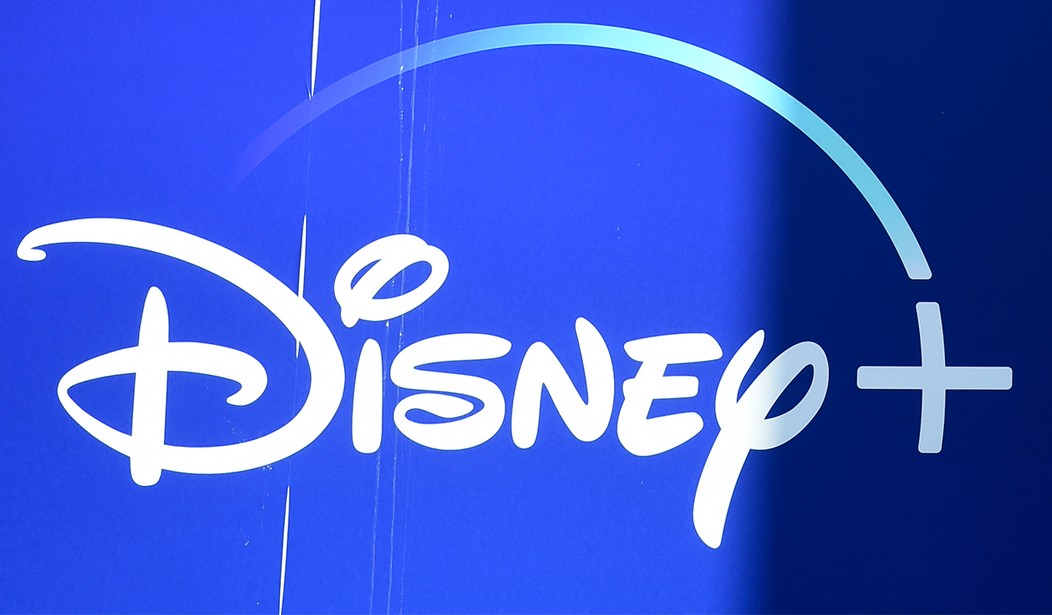Disney is a horrible corporation. I know it, you know it, and I’m pretty sure they know it too, they’re just too rich to care. Between firing Gina Carano for telling society shouldn’t target people as monsters for fear it leads down atrocious paths to effectively being the largest tongue on China’s boot, Disney is pretty much the worst.
And it’s not going anywhere.
At this point, in order for Disney to fail and collapse, a string of coincidences, insanely bad luck, and a few miracles from the Lord Himself would be required. Otherwise, the amount of money it rakes in from the sea of properties it owns will keep it afloat for the foreseeable future.
Many people have decided to boycott Disney for its sins and who can blame them? Disney turning its back on Georgia over an abortion law was a virtue signal that looked entirely ridiculous seeing as how it filmed the live-action Mulan in the shadow of a Uighur concentration camp and even thanked China for the privilege. There are some out there who will no longer touch a Disney product for as long as they live.
But the sad truth is that the vast majority of the world won’t boycott it. They’re still going to show up at the parks, they’re still going to pay to see the movies, and Disney+ is going to have an insanely high subscription rate. I’m willing to bet that there are quite a few subscribers among my readers.
And that’s okay.
Disney is a very large corporation with a very large reach and there are some properties out there that you can’t help but love. Kids have been enjoying Disney creations since Mickey Mouse drove a steamboat. If its new properties don’t attract you, your children, your spouse, or your friends, then its old ones will.
So how does one boycott such a massive corporation with any success in this day and age? Sure, you can refuse to use a product outright, and that’s surely an option, but it will have zero effect on the corporation who may see a percentage of a percentage point dip momentarily before it’s overwhelmed by new users or purchasers.
The answer came to me while the “Cuties” controversy on Netflix unfolded. When the “boycott Netflix” movement began, I was anxious to see how much it would take to really get the message to the streaming service across that they messed up and should never do it again. To be sure, cancellations surged and the stock prices dropped slightly, but I knew that it wasn’t going to be enough to teach Netflix a lesson.
In order to really feel the burn, Netflix would have had to lose 37.2 million customers which is effectively the population of Canada. The minimum to feel the damage in the stock market in any significant way would have been 18 million subscribers lost. So how many actually unsubscribed?
Eight times the usual amount, but it’s not entirely clear because it just ended up returning to normal a week later.
Too many people use Netflix and even a good number of the people who left it returned later. It happened against my hope but hit my expectations. Something so integrated into our lives, be it Amazon, Netflix, Disney, Facebook, Twitter, YouTube, Google, etc., isn’t easy to walk away from.
It was made clear to me that the old-school boycott just isn’t going to work on this level of business. So what does?
It occurred to me that I was thinking macro when I should have been thinking micro. Shows get canceled when the audiences disappear. The network doesn’t go away, but the show does. In that line of thinking, the answer seemed obvious.
Don’t focus on boycotting the company, boycott the show.
Voting with your wallet is still a legitimate strategy in teaching the market what is and isn’t acceptable in cases where the company is smaller, but with Netflix, Disney, etc., it’s really about voting with your eyeballs. If they create or release a product that makes you want to throw your television away, then don’t watch that show, voice your intention not to watch that show to the company on social media in the public square, and move on.
In the digital age, the company can track how long you watched something and at what point you stopped watching it. That data is given to them and with that data, they know what doesn’t work and what does. Going back to Cuties, it’s clear that people didn’t want to watch children dancing in an over-sexualized manner and it’s highly unlikely that they will try to go that route again. If no one is there to watch it, why spend the money on it?
What’s more, over time, these companies will get a firm grasp on who their primary audience is and what they want to see. If there’s a large swath of its subscribers that don’t show up to watch the latest social justice-infected episode of a show, then they’ll begin to veer away from that kind of messaging.
The issue is that without the audience there to teach them that lesson, they’ll never learn it. If you wish to boycott these corporations as a whole, then by all means. Do so. What you allow into your house is your business and God bless you for it, but every set of eyes is a voice these corporations listen to and without yours, they’re not going to hear you.
If a company has 203 million subscribers (as Netflix does) and 65 percent of these subscribers aren’t interested in watching the latest episode of the transgender pronoun hour, then it’s not likely that Netflix will continue to put too much in the way of funds toward it, opting instead to spend it on a show that more people will want to watch.
This not only teaches the company what kind of programming it should make, it tells it what kind of attitude it should strike toward its viewers. At the moment, many of these companies are overwhelmed with leftist messaging, be it journalists, social media, and more, but one thing continues to ring true. Money and numbers still steer the ship.
If the numbers aren’t there, then the money goes elsewhere, and the corporation will follow the money like a baby duckling.
It’s really all about teaching the corporation and that means dangling your attention in front of them and making them work to earn it. When they strike the right chord is when they’re rewarded with it. Strike the wrong one, and you’ll find something else to watch.
This is the new boycott.














